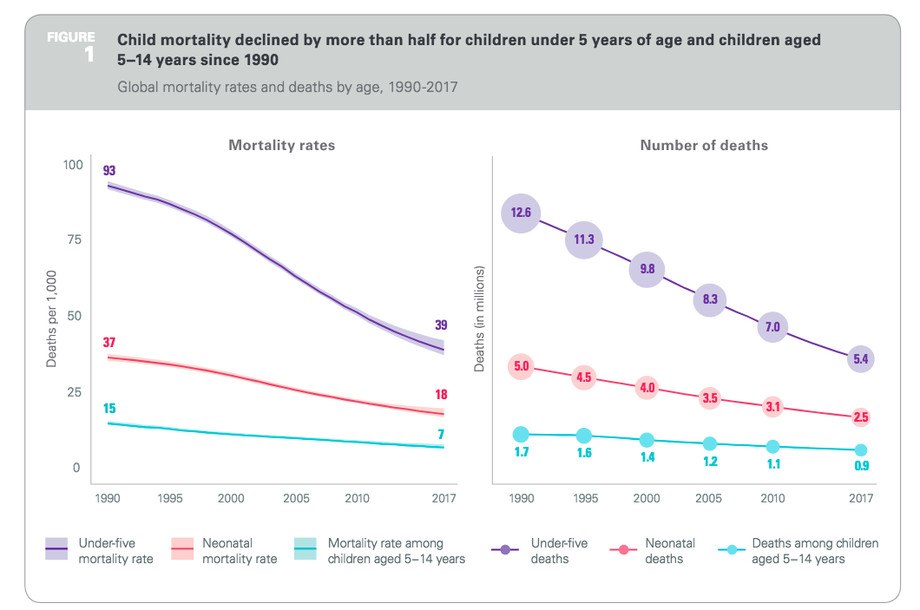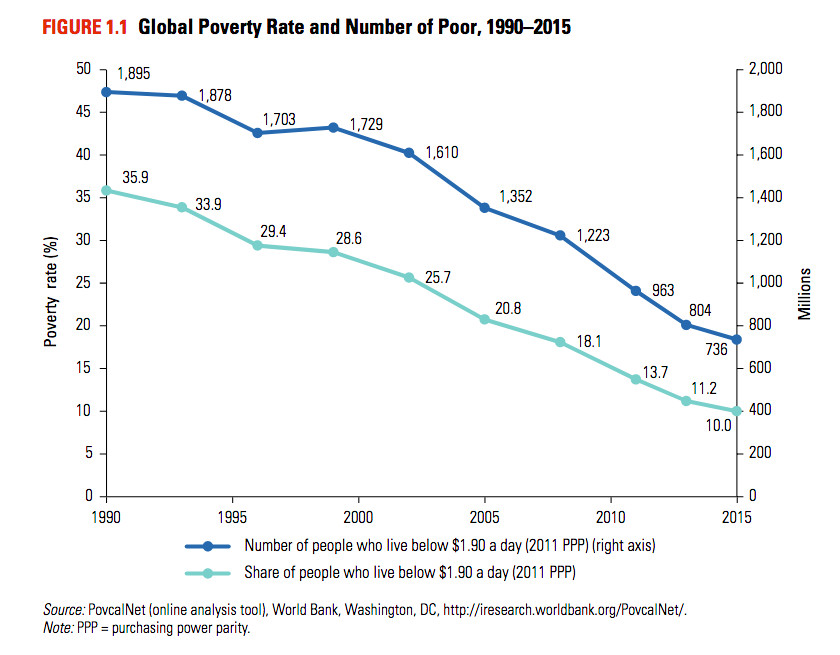Number of injured in Indonesia tsunami surges to over 14,000, with over 400 deaths
The number of injured in the volcano-triggered tsunami along the coast of Sunda Strait in Indonesia jumped significantly to 14,059, as search and rescue operations continue.
The death toll from the Dec 22 tsunami, triggered by the eruption of Anak Krakatau volcano and the ensuing underwater landslide, has reached at least 437 people. The total number of displaced persons was put lower to 33,719, after reaching a peak of 40,386 on Friday. , The tsunami destroyed 2,752 houses and 510 ships.
The spokesman of national disaster management agency Sutopo Purwo Nugroho said search and rescue operations continued as many were believed to remain missing in the provinces of Banten and Lampung, with the emergency status being extended.
The strong eruption of the Anak Krakatau volcano has reduced the height of the volcano to 110 meters from 338 meters, volcanologists said.
The Anak Krakatau volcano, or “Child of Krakatoa” volcano in English, is one of the 129 active volcanoes in Indonesia, a nation home to 17,500 islands and which sits on a vulnerable quake-hit zone so called “the Pacific Ring of Fire”.
[The Star]


